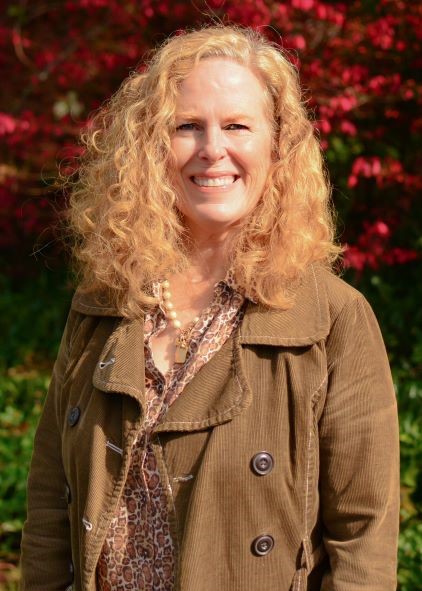February is a good ‘reset’ month, so just as a reminder, today I’ll delve into one of the reasons we practice mindfulness: AUTOPILOT

We can tend to run on autopilot much of the time, automatically making decisions and moving about our day rather mindlessly. But being in autopilot is not necessarily a bad thing. It’s an important and evolved function of our brain. We bundle our actions, and thought processes to cope, save time and conserve energy. For example, we don’t think about the 10+ different movements and decisions we make to get into a car and get ready to drive, we just do it automatically. There is a rhythm, a sequence, and muscle memory. It can be problematic though when it seeps into areas of our life that deserve more thoughtful attention.

A survey of 3,000 Britons found that 96% make at least 15 decisions unconsciously every day, such as what to do on the weekend, what to watch on TV, what to wear, what route to take to work and what to eat. 81% of those surveyed also stated that it’s the small things or gestures that brighten up their day.
If we reside in a default mode of autopilot we can feel like we’re merely existing and not fully present.
You know you’re running autopilot too much if:
- You sense you’re in a rut
- You’re working but not accomplishing and meeting your goals
- You feel trapped in your life
- You can’t seem to say “No”
- You’re overwhelmed with choices, so you just go along with the crowd
- You feel pressure to keep up with the next cool thing
- You feel distracted, forgetful, or make impulsive or poor judgments
- You just feel blah, depleted, oddly unsatisfied, adrift, dull, weary.

When we are mindless, we can miss out on important opportunities, subtle nuances, tender moments, and vital choices that add value, meaning, and direction to our lives. Opportunities to make intentional decisions about how exactly we want to live our life fly by in a blur. We can find ourselves being too reactive to our life’s challenges rather than responding skillfully.
So, we practice something we already know how to do: Paying Attention. We add the component of non-judgment so that we can curb our reactivity and monitor our experience without adding extra storyline. We support ourselves and others with a cool compress of compassion if we miss the mark. And we will. But we start again. We practice. This is Mindfulness.
We focus on our breathing, we become more attentive to the thoughts streaming through our minds, we become more attuned to our sensory experience as we move through our day. We do these things because as a client of mine at the Diversion Center in Everett said, “We can’t reflect on a life we haven’t been present for.”
No one wants to get to the end of a life, decade, year (or day) and wonder what the heck happened only to have logged mindless missteps, regrets, or the thud of meaningless trudging.
We make better decisions because we are more attuned to the value of slowing things down just enough to let our brains integrate fully with our gut and heart. We live more intentionally and are more present to our own experience and the experiences of other beings we care about. Our emotional intelligence gets a little bit stronger. Our lives feel whole and healthy.
We come to understand we are part of a common humanity. We are not alone in our experience, so we choose to treat ourselves with kindness rather punishment.
In time we find that something that might have triggered impatience, impulsiveness, anger or annoyance in us before simply doesn’t have the same effect. We respond differently. We recognize something more skillful and thoughtful in our response and how it feels in our body. Others notice. We notice. Life shimmers a bit.
Here’s a white paper and survey that delves deeper into how autopilot is influenced by culture and the 3 types of autopilot personalities along with specific steps each type can take to make improvements. It’s fascinating.
You may want to practice Mindfulness to increase productivity, curb depression, connect more compassionately, feel more relaxed, sleep better, reduce anxiety… any number of ways that science supports the practices of Mindfulness for overall well-being.
Mindfulness doesn’t solve all of life’s problems. It isn’t a cure all. It’s just a starting point from which a healthy and meaningful life begins: Awareness.
To view last week’s Mindful Monday, click here.

Lisa Wellington is a Certified Mindfulness Teacher who writes about integrative practices that downshift stress, increase insight, and jumpstart joy.
She is best known for her work with law enforcement professionals as well as those challenged by housing instability and addiction. Trained in the Fine Arts at Washington State University, she specializes in group training that engages participants’ inherent creativity.
If she is not under a stack of books about psychology and spirituality, she can be found at a Puget Sound beach or nearby trail, always searching for the absurd, which is her superpower.
Author: Lynnwood Times Staff












